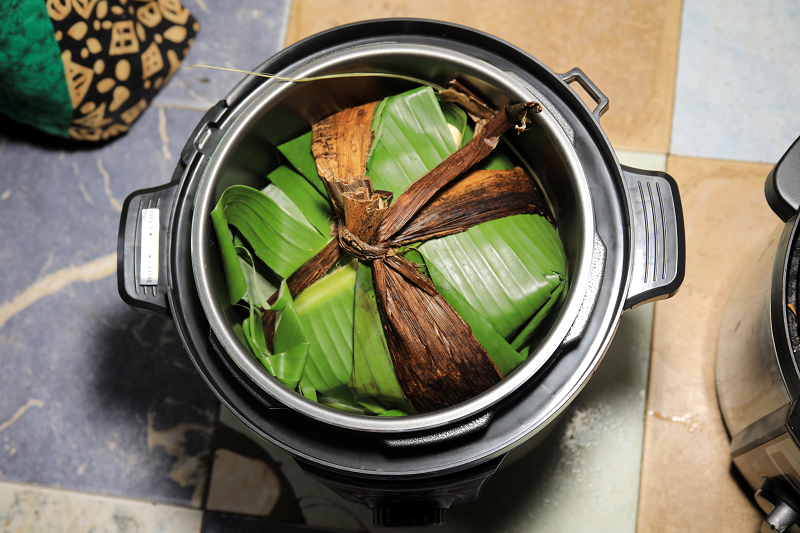
- Date
- 8th November 2022
- Categories
- General
In October 2021, the Gold Standard approved a new methodology to quantify GHG impacts from metered cooking devices through the direct measurement of energy or fuel. The methodology came into effect in January 2022.
This new methodology was developed and submitted by Climate Impact Partners (formerly Climate Care) and the UK aid (FCDO) funded Modern Energy Cooking Services (MECS) programme, and can apply to modern energy cooking appliances that directly measure the amount of energy or fuel used in the project scenario. This includes, but is not restricted to, electric, LPG, biogas and bio-ethanol cookstoves.
The new methodology is intended to simplify procedures -thereby reducing survey and monitoring requirements and transaction costs for project developers, whilst at the same time increasing reporting accuracy. Many cookstove developers are already harnessing new monitoring and data processing technologies to support PayGo and other business models, and it is hoped that the new methodology can leverage these emerging data capabilities of modern energy cooking appliances to help scale carbon finance and accelerate the transition to clean cooking solutions.
On 25th October 2022 Gold Standard has announced a revision to the methodology based on discussions with MECS and other interested parties and supporting data and evidence provided by them. The revised standard clarifies a number of points, especially on expectations about data sampling. In particular the revised standard introduces alternative calculation options that will allow the high performance of the most energy efficient devices (e.g. electric pressure cookers) to be well represented.
………………………
Featured image credit: Centre for Research in Energy and Energy Conservation (CREEC), 2022.